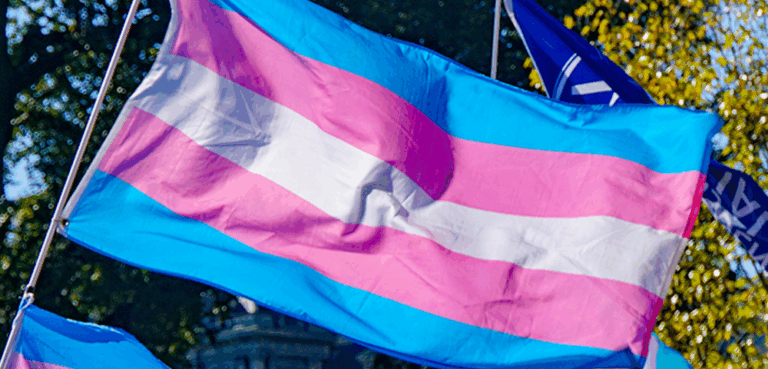
Study Suggests Gender Affirming Surgeries Have Lowest Regret Rates

A new meta-analysis of surgical outcomes suggests that gender affirming surgeries have some of the lowest regret rates of any kind of surgery.
Gender affirming surgery refers to a variety of procedures including mastectomies, breast augmentation, facial feminisation or masculinisation, vocal chord surgery, or the construction of a new vagina or penis.
Less than 1% of people regret having gender affirming surgeries
The systematic review looked at 55 studies about people’s experience of regret after surgery and other major life decisions. It compared the percentage of people who regret having gender affirming surgeries to the percentage of people who regret having other kinds of surgeries, as well as people who regret having children or getting a tattoo.
The analysis found that less than 1% of people regret having gender affirming surgeries, compared to up to 45% who regret breast reconstruction, 30% who regret having surgery to remove their prostate, 19.5% who regret weight loss surgery, and 7% who regret having children.
When comparing gender affirming surgery to other surgeries and major life decisions, the study concludes that the percentage of trans patients experiencing regret is extremely low.
Cut and dried
This new research adds to the growing body of high-quality science confirming that trans healthcare is beneficial to trans people.
Recent years have seen anti-trans activists cite the potential for regret as a reason to restrict trans healthcare for minors and adults.
However, this review lines up with other studies that show a very low detransition or regret rate for gender affirming care, and significant benefits for people receiving timely care.
Its conclusion firmly states that “unfortunately, some people seek to limit access to gender-affirming services, most vehemently gender-affirming surgery, and use postoperative regret as reason that care should be denied to all patients.”
“This over-reaching approach erases patient autonomy and does not honor the careful consideration and multidisciplinary approach that goes into making the decision to pursue gender-affirming surgery … [other] operations, while associated with higher rates of post-operative regret, are not as restricted and policed like gender-affirming surgery.”
Gender Affirming Surgery Down Under
In Australia, gender affirming surgeries are overwhelmingly performed through the private health system.
While some procedures are eligible for small Medicare rebates, others are entirely self-funded. Fewer than 100 surgeons in Australia specialise in gender affirming surgeries, with only five offering genital reconstruction. As a result, trans surgeries can cost tens of thousands of dollars and waiting times can be long.
Unlike other kinds of surgery, psychiatric evaluation and multiple consultations are required before procedures can be performed.
This means that people seeking gender affirming surgeries in Australia have many years to reflect on the risks and benefits of going under the knife.











The Cass Report released last month in England suggests that research up to now (and presumably what was reviewed) is unreliable and inadequate so don’t believe this report. Samples are too small, not random, no controls, findings were insignificant or if so, only marginally so, and most do not take into account those who discontinue treatment. I am sorry, but this report is little better than propaganda.